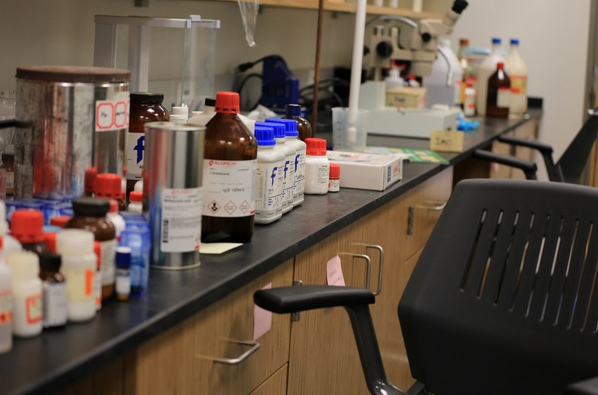Two Georgetown University professors, Lawrence O. Gostin, JD and Kenneth Lin, MD, MPH, published a Viewpoint online in the Journal of the American Medical Association (JAMA) on Jan. 18 arguing that the congressional spending bill passed in mid-December 2015 undermines science with politics and impedes progress for women’s health by effectively overruling the U.S. Preventative Services Task Force’s (USPSTF) breast cancer screening recommendations.
The spending bill in question is the FY 2016 Consolidated Appropriations Act (H.R. 2029), passed Dec. 18 2015, which requires insurers to follow screening guidelines from 2002 rather than more recent USPSTF recommendations released in 2009 and on Jan. 12, 2016. The USPSTF 2002 breast cancer screening recommendations were every one to two years beginning at 40, while their recommendations released this year and in 2009 advise screening every other year starting at age 50. By mandating that insurers follow 2002 guidelines, Congress is effectively overruling the Task Force’s latest recommendations.
“Essentially, Congress is requiring health insurers to ignore modern scientific assessments and instead use 14-year-old guidance,” write Gostin and Lin.
Some women’s health advocates approved the mandate, arguing that this protects access to mammograms. A document on Nurse Practitioners in Women’s Health’s (NPWH) webpage titled Women’s Health Care Advocates Applaud Congress for Protecting Women’s Access to Mammograms states that the mandate will “allow for concerns from the medical and advocacy community to be addressed, while ensuring women’s continued access to lifesaving breast screening.” This statement is undersigned by 18 organizations, including the American College of Radiology and the Tigerlily Foundation, a breast cancer support and advocacy organization.
However, Gostin and Lin argue in their JAMA Viewpoint that Congress has made “a scientific judgment for which it is distinctly unqualified,” which undermines the science behind the policy.
In the article, Gostin and Lin argue that making decisions like this undermine the science behind health policy on a broader scale. “Rather than benefiting women, political interference with science can discourage shared decision making, increase harms from screening, and foster public doubt about the value and integrity of science.”
“As we explained in our article, no one was planning to take away coverage of mammograms as a result of the USPSTF guidelines,” summarized Lin in an email to the Voice. “But for the sake of argument, spending $9 billion per year on mammograms (U.S. estimate based on 2010 data) means that we have $9 billion less to spend on programs to prevent heart disease in women age 40-70. That’s a poor tradeoff for women since they are a lot more likely to suffer from heart attacks or strokes than they are to develop or die from breast cancer.”
On a broader scale, Gostin and Lin believe that this decision undermines the Task Force which should be responsible for conducting the research and making the recommendations. “It undermines the Task Force’s credibility and integrity,” wrote Gostin in an email to the Voice.
There been similar instances where political decisions have undermined the role of scientific evidence. “The White House overrode an FDA decision to approve Plan B, the emergency contraceptive pill. Congress has blocked firearms research by the CDC. And there are many others,” wrote Gostin.
According to Lin, another example of politics disrupting scientific decisions is the removal of the Agency for Health Care Policy and Research (AHCPR) from the federal budget in the mid-1990s. “[The AHCPR was eliminated] after lobbying by back surgeons who were unhappy with a guideline that AHCPR produced that (correctly) stated that for most people, back surgery was not more effective than non-surgical options,” wrote Lin.
Currently nothing protects the role of scientific findings in policy now, apart from the Task Force, which Gostin argues is too frequently overruled in policy decision.
“There has sometimes been talk of creating a Federal Reserve Board-like scientific entity that would be protected from political influence and therefore free to produce objective scientific findings to guide health policy.” wrote Lin. “I support this idea.”
When asked why they chose to publish their Viewpoint, Gostin replied that he is aiming to “uphold the role of science and evidence in health policy.” Lin wrote that he wanted to “make legislators feel more accountable to the public for their decisions.”
“Congress tried to slip this action under the radar in the hope that few would take notice. I didn’t want to let them get away with it.” wrote Lin. “These decisions have to be based on science. I will speak out in the future if I see anyone in a position to influence health care – politicians or not – willfully disregarding the latest science.”





